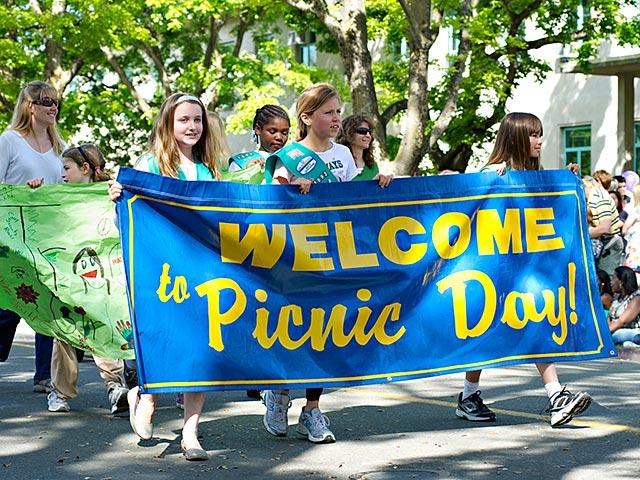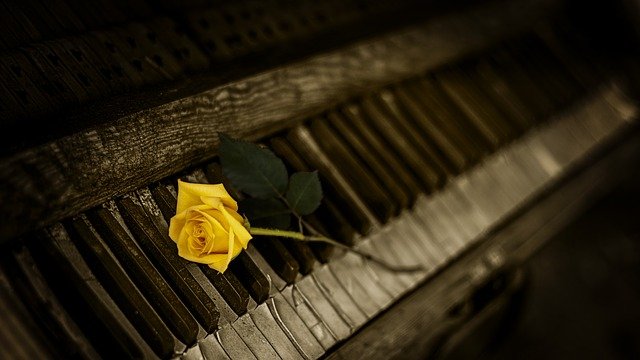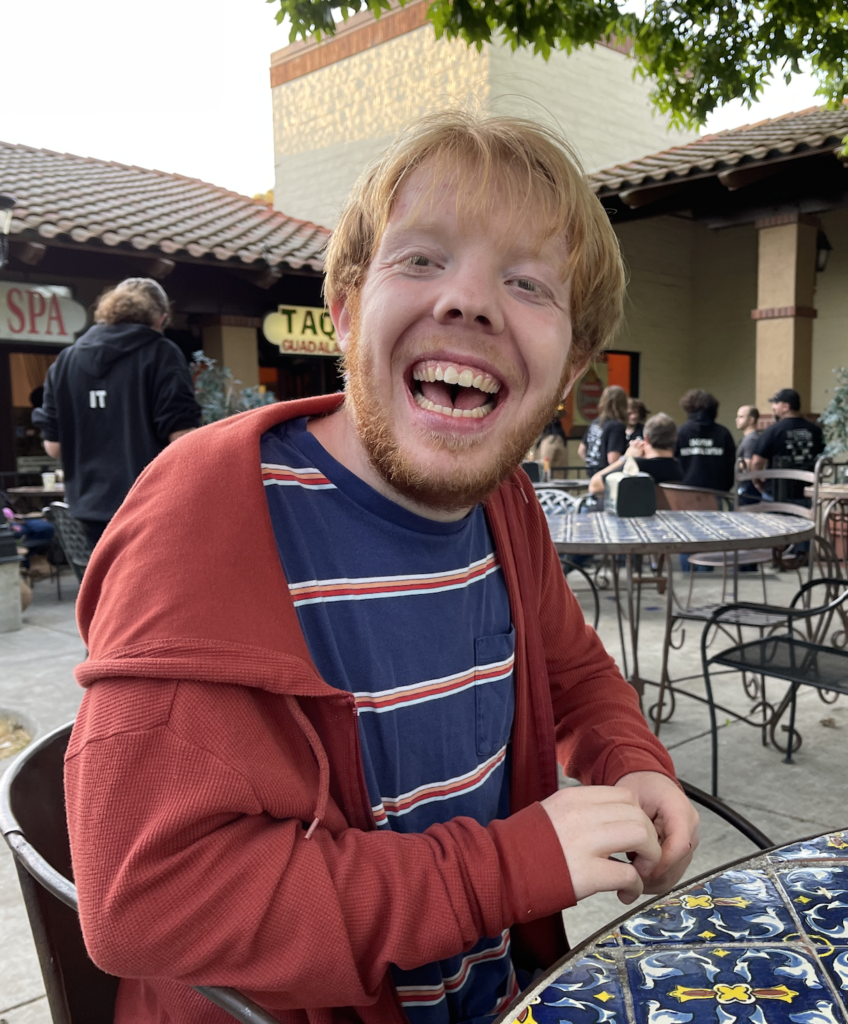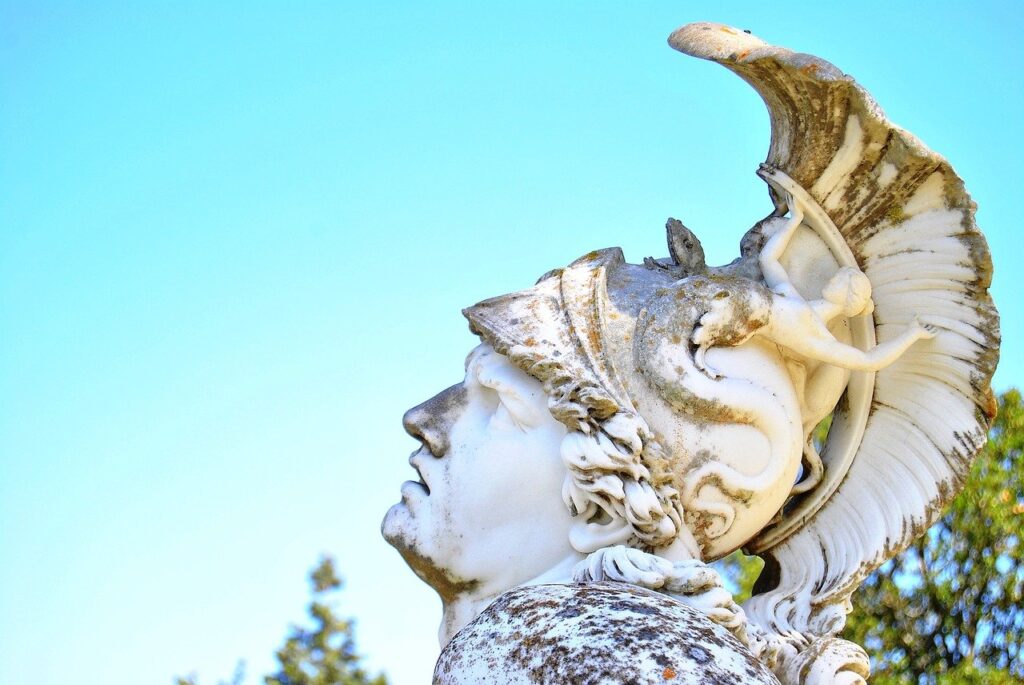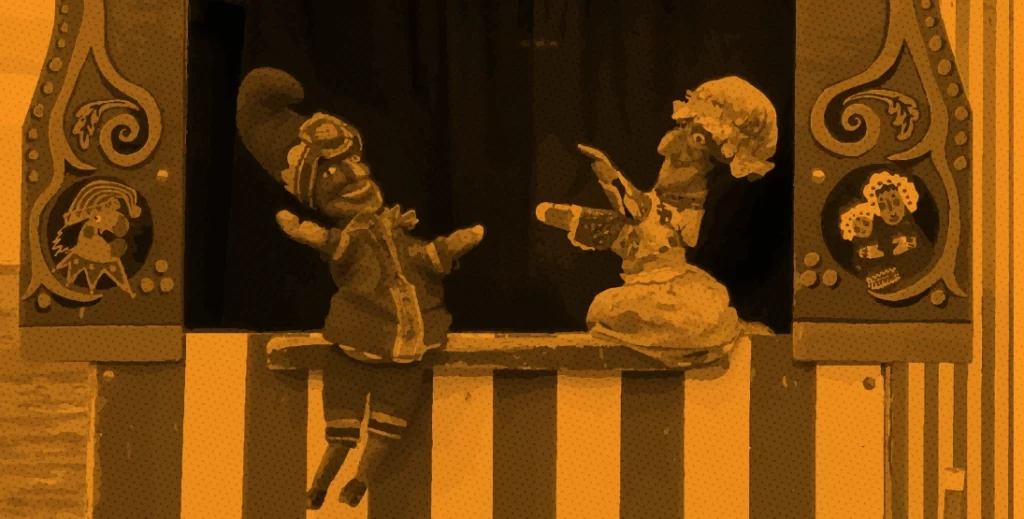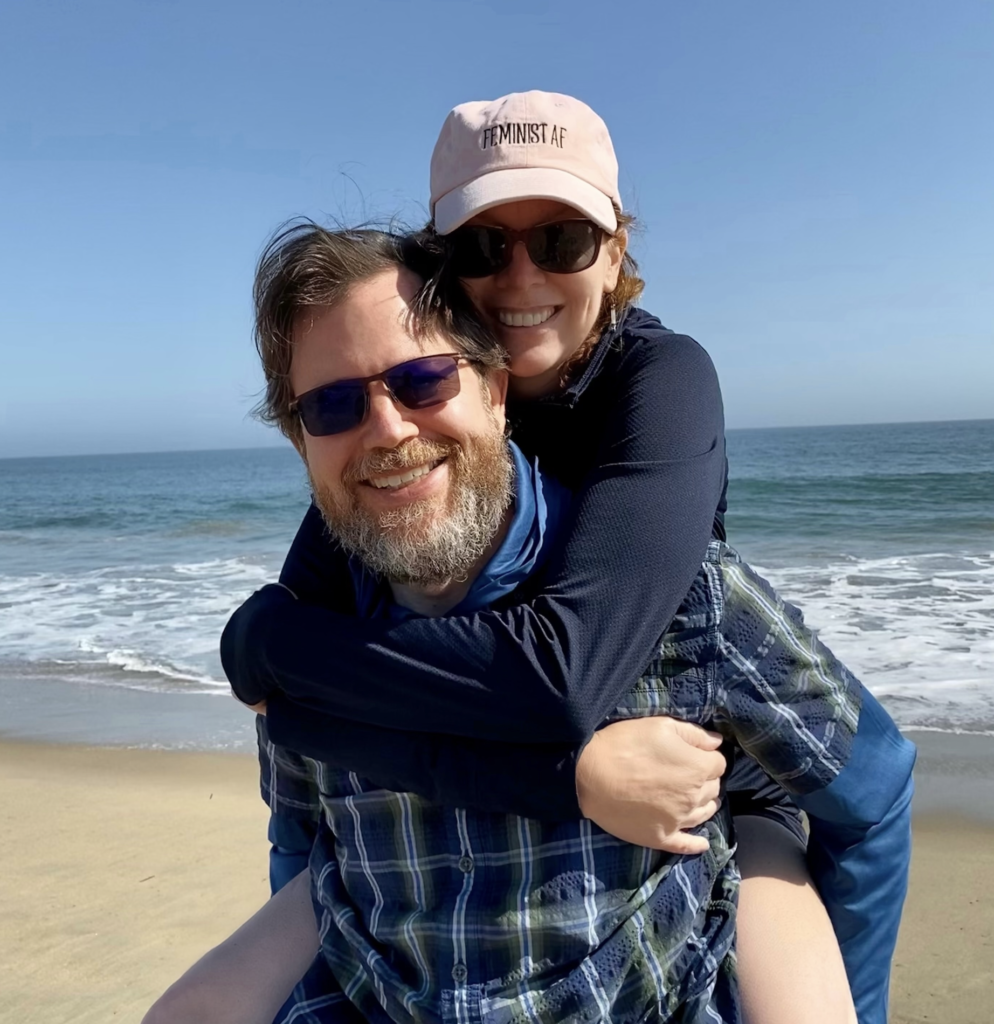
Dear Friends of the Pub Quiz,
Happy Mother’s Day to you and to all the mothers you know and who love you.
We are not so materialistic, so I bought my wife Kate some Whole Earth Festival earrings, and I wrote her a poem. The spouse of a poet reasonably expects to be compensated with works and dedications.
Shakespeare’s fair youth, for example, was the recipient of Shakespeare’s most famous sonnets, many of them encouraging that youth to find a mother for his future children. When I read “Love’s Philosophy,” I imagine Percy Shelley writing one of the Romantic Era’s most famous love poems to his wife Mary, and mother to four of their children.
One of our kids has moved out, one will be our perpetual housemate, and one has been thinking high school sophomore thoughts about current writing projects and future college applications. They all live perpetually in our hearts. My three kids don’t often come up in the poems I write to Kate, but the love we share for them infuses our mutual love, and our life for them.
Even though it is filled with private allusions, in honor of Mother’s Day, I share with you the poem I wrote to share with Kate on this day for celebrating all moms.
To Have and To Hold
I will hold your hand throughout the ongoing pandemic
I will hold your hand as the peace dividend is drained
I will hold your hand as bombs fall on Ukrainian hospitals
I will hold your hand as blowhards mobilize belligerent xenophobes
I will hold your hand as the Supreme Court overturns precedents
I will hold your hand during the coming revolution
I will hold your hand postoperatively, as soon as they let me
I will hold your hand while you hold the railing
I will hold your hand as you grip the crutches
I will hold your hand to keep you upright
I will hold your hand at the play, the dance recital, the poetry reading
I will hold your hand as we are skimming stones
I will hold your hand during accordion lessons
I will hold your purse in the shopping mall
I will hold the leash for you
I will hold the extra jackets when we grow warm from walking
I will hold two keys: one for each of us
I will hold your hand as the house sinks unevenly
I will hold your hand when there’s a midnight knock at the door
I will hold your hand for the 3 AM phone call
I will hold your hand as we read the test results
I will hold your hand when we can’t find the dog
I will hold your hand when our texts go unanswered
I will hold your hand as our mothers forget us
I will hold your hand even after your hand has been holding your cold phone
I will hold your hand when NPR announces the deaths of our heroes
I will hold your hand as the children, one by one, go
I will hold your hand as your eyes share bad news
I will hold your hand while reading you love poems
I will hold your hand after I have forgotten our home phone number
I will have you and hold you and have you and hold you
I will forget much, dear one, but I will not forget to hold your hand
Thanks for reading. Enjoy the day.
If you forgot to send a Mother’s Day gift, I’ve got just the thing! Thanks to all the supporters on Patreon who make all this happen, especially the Outside Agitators (who won first place at a recent charity event I hosted), the Original Vincibles, and Quizimodo. I’m always grateful to players such as these who pledge for their entire team. Speaking of play, I am repeatedly ask when I plan to “bring trivia back.” Trivia permeates all that we read and talk about, like the Force. What Davis restaurant should be the new home of the Pub Quiz? Let’s look forward to a time when we can all gather again to play with our friends!
I hope you get to see this week’s pub quiz. Nothing else can hold a candle to it. Expect questions about judges, long S words that no one ever uses, ghost towns, pervasive Disney, museums of play, favorite birds, postage stamps, errors, balls, incorrect sparkles, losses, receptions, new faces, the problems of downsizing, physical terms, ownership of old documents, hot corners, notable figures, favorite flowers, candles, magnetism, big cities, people who are as rare as onions, famous daughters, political incorrectness, frozen tunes, grammar quandaries, current events, and Shakespeare. I hope you get to read it!
Be well.
Dr. Andy
P.S. Here are three questions from last week’s quiz:
- Mottos and Slogans. Did Wheaties first become “The Breakfast of Champions” in the 1920, the 1940s, or the 1960s?
- Internet Culture. Activision Blizzard stockholders recently voted in favor of the company being acquired by what tech giant?
- Newspaper Headlines. Ted Nugent passed on hosting this year’s White House Correspondents’ Dinner, so they chose someone else with his initials. Who was it?





